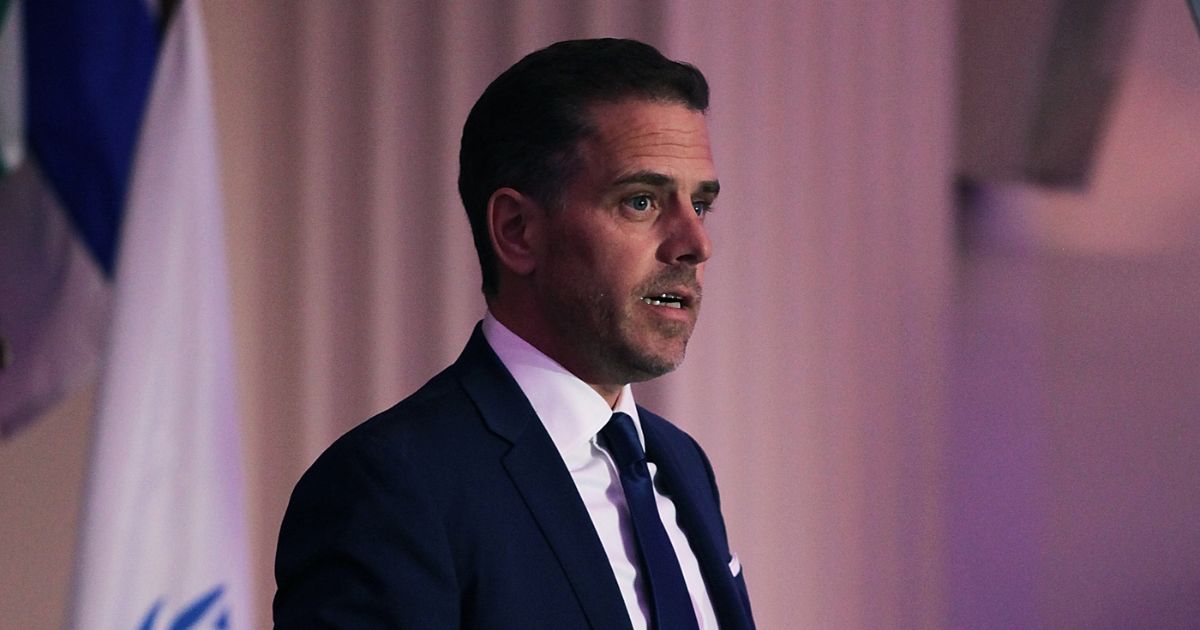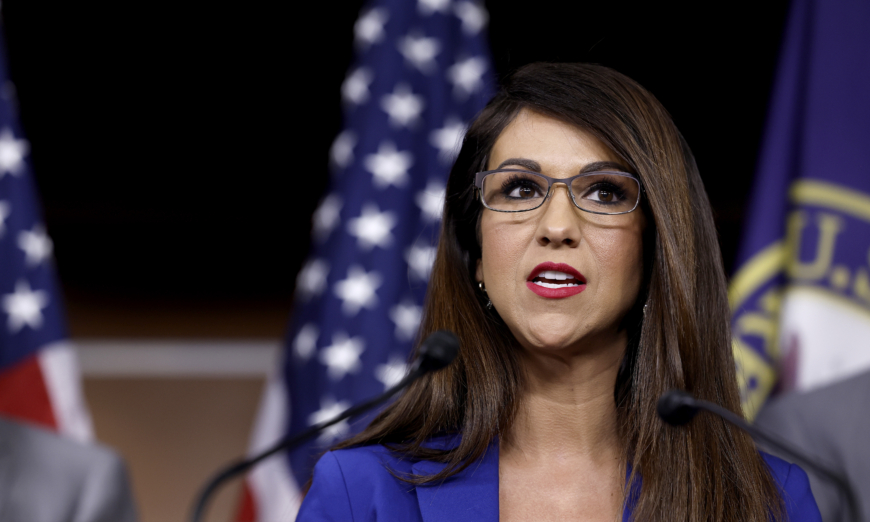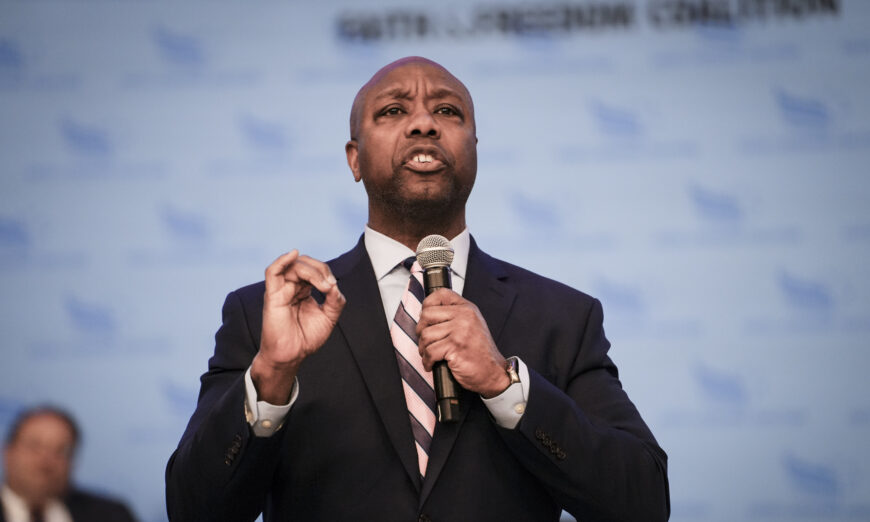Biden reluctantly agreed to a bipartisan debt ceiling deal.
President Biden’s Unwanted Bipartisan Deal
President Joe Biden campaigned as a consummate Washington deal-maker who could bring the parties together, but the biggest bipartisan deal of his presidency is one he never wanted to make.
When Biden announced what he described as a “bipartisan budget agreement” with House Speaker Kevin McCarthy (R-CA) to avoid “the worst possible crisis: a default for the first time in our nation’s history,” he was pressed on what he had done.
Debt Limit Compromise
“Mr. President, you said at the beginning that the debt ceiling was not negotiable,” a reporter asked. “Isn’t that what you’ve just done here?”
“Look, we’re not negotiating the debt ceiling,” Biden replied. That was the White House line throughout the talks: the budget was negotiable, but raising the debt ceiling was not. But Biden wanted an unconditional extension without any accompanying spending cuts. That is not what he got.
When Biden and McCarthy finally met after 97 days, with Senate Majority Leader Chuck Schumer (D-NY), House Minority Leader Hakeem Jeffries (D-NY), and Senate Minority Leader Mitch McConnell (R-KY) in tow, the White House made it sound as if there was nothing to talk about.
“Look, there shouldn’t be negotiations on the debt limit,” White House press secretary Karine Jean-Pierre told reporters before congressional leaders were set to meet with Biden. “This is something that they should get to regular order and get to work on. We should not have House Republicans manufacturing a crisis on something that has been done 78 times since 1960.”
“So we’re telling them — or saying to them: Do your job,” she added. “Pay for something that you’ve already spent on. That’s it.”
Then, when the White House emailed a transcript of Biden’s public comments after the meeting, the subject line described them as “Remarks by President Biden on Debt Ceiling Negotiations.”
That’s not to say the White House disowned the deal once it was finally reached. Biden called it a “really important step forward.” He and his team made over 120 contacts with lawmakers before the House vote, where it passed with more Democratic than Republican support.
White House budget director Shalanda Young also sang a different tune about the talks once a deal was inked. “Imagine if this president said, ‘Here’s my budget’ on March 9. ‘If you don’t take it all — lock, stock, and barrel, don’t change your word, pass it without changes, I’d be willing to cause a recession and cost millions of people their jobs.’ That would be extreme,” she said before the initial Biden-McCarthy meeting.
Once there was an agreement, however, Young said this about congressional Republicans: “They have ideas; we have to listen to them.”
Biden’s position was buttressed when the White House concluded they would likely need at least 100 House Democrats to vote for whatever bill emerged from his talks with McCarthy. But in many other areas, Biden had a weak hand.
Challenges Faced by Biden
First, the White House and Democratic congressional leadership assumed McCarthy, who famously won the speakership after 15 rounds of voting and numerous concessions to conservative hard-liners, would be unable to pass a bill of his own. But he did, and it ended up being the only debt ceiling extension to clear either chamber of Congress before the negotiations began.
This was part of a larger misjudgment of McCarthy, his ability to move legislation in the House despite a small and fractured majority, and his standing in the GOP conference. It does remain to be seen, however, whether that last point remains true after the bipartisan deal was opposed by 71 House Republicans and most of the 2024 GOP presidential field.
Second, Biden had delayed talks for months, challenging McCarthy to show what his budget plan would be. When McCarthy did, the White House pivoted to attacking those plans. But once Biden reached the negotiating table, he did not have much time, and Democratic lawmakers were antsier about default and more confident in Treasury Secretary Janet Yellen’s June deadline than were Republicans.
Finally, the negotiations sidelined Schumer and Jeffries. Biden and McCarthy were far apart on spending, and the final agreement reflected that. But other pressure points for additional spending or offsets through tax increases were marginalized in the process, giving additional weight to Biden’s desire to get a deal.
Polling was showing that the public wasn’t blaming Republicans as much for the impasse as in previous budget and debt ceiling standoffs. And if default happened, it was possible Biden would have to seek reelection during a recession.
Biden has taken credit for many deals that have been struck during his long Washington career. The most consequential one, he had hoped to avoid in the first place, as reporters reminded him afterward.
“But that’s what they wanted, is you to make a compromise on the budget, and that’s what you’ve done, even though you haven’t gone as far as they wanted,” a reporter nudged. “Isn’t that right?”
“Sure. Yeah,” Biden said with a laugh. “Well — can you think of an alternative?”
Key Takeaway: President Biden’s biggest bipartisan deal of his presidency was one he never wanted to make. Despite his initial stance that the debt ceiling was not negotiable, he eventually agreed to a compromise with House Speaker Kevin McCarthy to avoid a default. However, the negotiations were challenging for Biden, and he had a weak hand in many areas. The final agreement reflected the vast difference in spending between the two parties, and other pressure points for additional spending or offsets through tax increases were marginalized in the process. Nevertheless, Biden and his team made over 120 contacts with lawmakers before the House vote, where it passed with more Democratic than Republican support.
" Conservative News Daily does not always share or support the views and opinions expressed here; they are just those of the writer."





